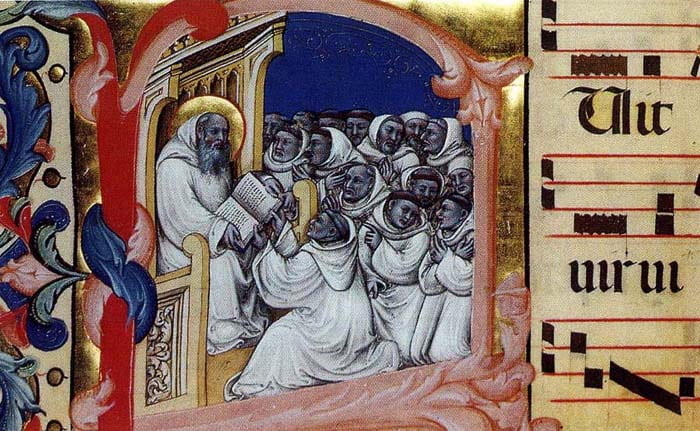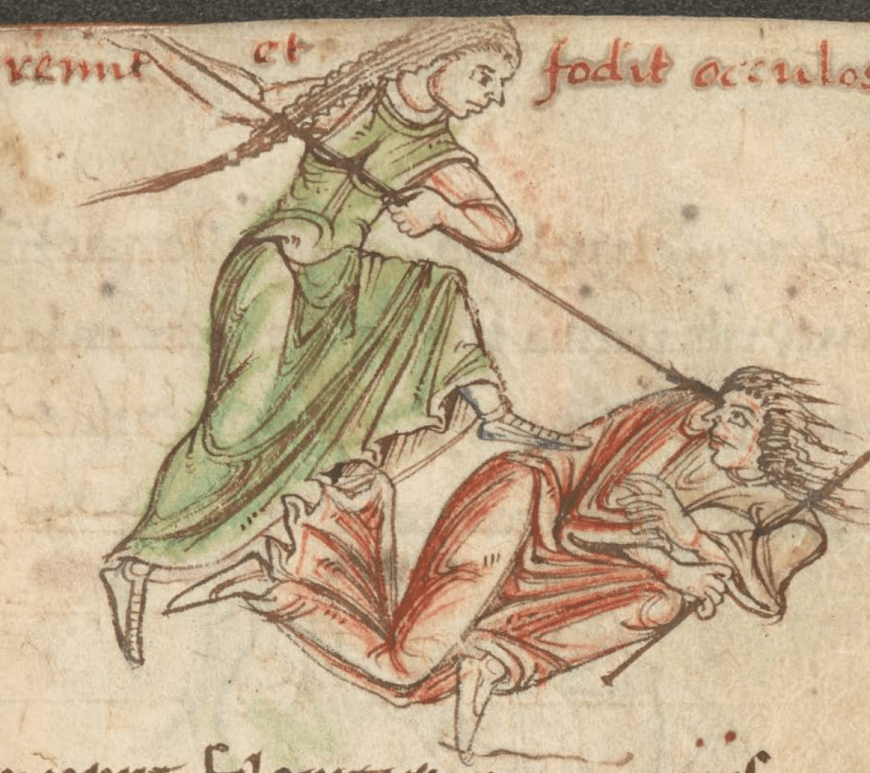
Listening, Speaking, Knowing: The Divine Auditory in Daniel
The human life is a mediated experience: we do not encounter an unfiltered world, but rather we process every input through our senses. Among our five senses, sight often reigns supreme; this article is not one of Professor Saltzmann’s podcasts, and I assume you aren’t understanding it via tactile telepathy. However, in the Old English poem Daniel, visuality is typically portrayed as an incomplete phenomenon through which one cannot fully…




